PrOJECTS
Social Welfare Project
Level Up Housing Initiative

Project Summary
In partnership with Conscious Living Homes, Level Up Non Profit Group is developing a transformative housing project to provide safe, affordable, and supportive housing for individuals and families in need.
This initiative includes:
✔ Three newly constructed apartment buildings (16-20 units each) replacing outdated commercial structures
✔ Five transitional housing apartments on 33 acres of land, offering on-site support services
✔ A holistic approach, including recovery support, job training, and financial literacy programs
As a 501(c)(3) nonprofit, donations are tax-deductible and directly support expanding housing access and critical resources.
Blogs

The Importance of Supportive Housing in Addiction Recovery
Recovering from addiction is a difficult journey, and it often requires significant changes in an individual's lifestyle, habits, and environment. One crucial aspect of addiction recovery is stable and supportive housing, which can play a crucial role in reducing relapse rates and promoting long-term recovery.
Stable housing provides individuals in addiction recovery with a safe and supportive environment where they can focus on their recovery without worrying about housing insecurity or instability. It helps them to maintain their sobriety, rebuild their lives, and become active members of their communities. Supportive housing programs often include access to counseling, mental health services, and employment assistance, which can further enhance the individual's chances of success.
Studies have shown that supportive housing can significantly improve outcomes for individuals in addiction recovery. According to a report by the National Alliance to End Homelessness, individuals who received supportive housing services experienced a 20% reduction in substance use compared to those who did not have access to such services. They also showed significant improvements in their mental health, employment status, and overall quality of life.
Supportive housing programs can also help to reduce relapse rates by providing a structured and accountable environment for individuals in recovery. The structure and accountability of a supportive housing program can help individuals to maintain their sobriety and prevent relapse. It can also help to rebuild relationships with loved ones, develop positive social connections, and promote a sense of purpose and belonging.
In conclusion, stable and supportive housing is an essential component of addiction recovery. It provides individuals in recovery with a safe and supportive environment where they can focus on their recovery and rebuild their lives. Supportive housing programs can significantly improve outcomes for individuals in recovery, reduce relapse rates, and promote long-term recovery. As a society, we must recognize the importance of supportive housing in addiction recovery and work to ensure that everyone has access to it.
Building Homes, Rebuilding Lives: Together with Conscious Living Homes

© 2026 Conscious Living Homes Inc- All Rights Reserved
415-619-8247